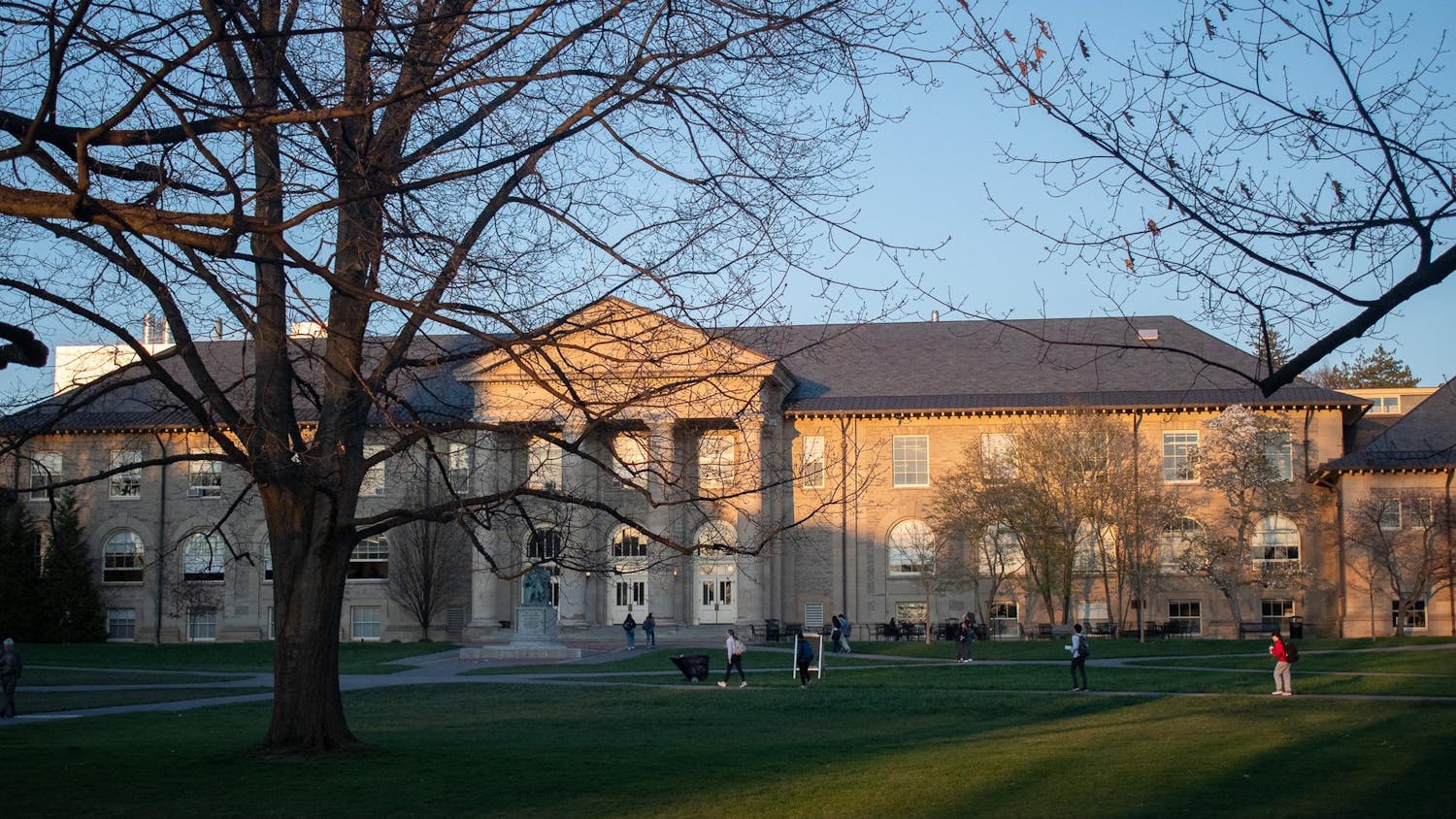Executive board members of Anabel’s Grocery hosted a panel Tuesday in Goldwin Smith Hall in an attempt to eliminate doubt about the existence of food insecurity on Cornell campus and to validate the recently approved grocery project.
Lizzi Gorman ’18 opened the discussion by defining food insecurity as “not having financial and physical means to reach your nutritional needs at any given time.”

Gorman said Anabel’s Grocery is striving to make food insecurity, a potentially stigmatizing topic among students from different socioeconomic backgrounds, an open discussion. According to the 2015 Perception of Undergraduate Life and Student Experiences survey, 8.4 percent of 4,419 students surveyed have skipped meals due to financial constraint either “often” or “very often” in the past year.
“Students harbor a lot of shame about being food insecure and without a structured conversation we can’t talk about it,” said Nicholas Karavolias ’18, a member of Anabel’s Grocery’s executive board.
Karavolias said he hopes the opening of Anabel’s Grocery in February will facilitate constructive conversation by making the availability of convenient and affordable food for all students a recognized priority.
Government food stamps help cover the nutritional needs of 46.5 million Americans, according to the U.S. Department of Agriculture. However, there is little focus on low-income college students who often struggle to afford meals, according to Renee Alexander ’74, associate dean and director of intercultural programs.
“There’s a misconception that low-income students are getting free rides and have no worries,” Alexander said.
While some students have unlimited access to campus dining halls, many cannot afford more than seven swipes per week, Alexander said.
She added that local stores such as Jansen’s Market and Bear Necessities are profit-maximizing businesses that mark-up prices and make shopping unsustainable for lower-income students.
“When I walk into Bear Necessities I get sticker shock when I see these prices,” Alexander said.
Prices are substantially cheaper at local supermarkets like Wegmans and Walmart, but students who live on and around campus have limited options when it comes to buying affordable food within walking distance, according to Alexander.
“Collegetown is a food desert,” Alexander said. “There are no grocery stores there other than 7/11, and that’s a convenience store. So you pay exorbitant prices and you’re not getting fresh produce while you face limited options.”
Anabel’s Grocery, a student-run grocery store aimed to serve the needs of food insecure individuals on campus, received final approval from President Elizabeth Garrett last week after being developed over the past year.











